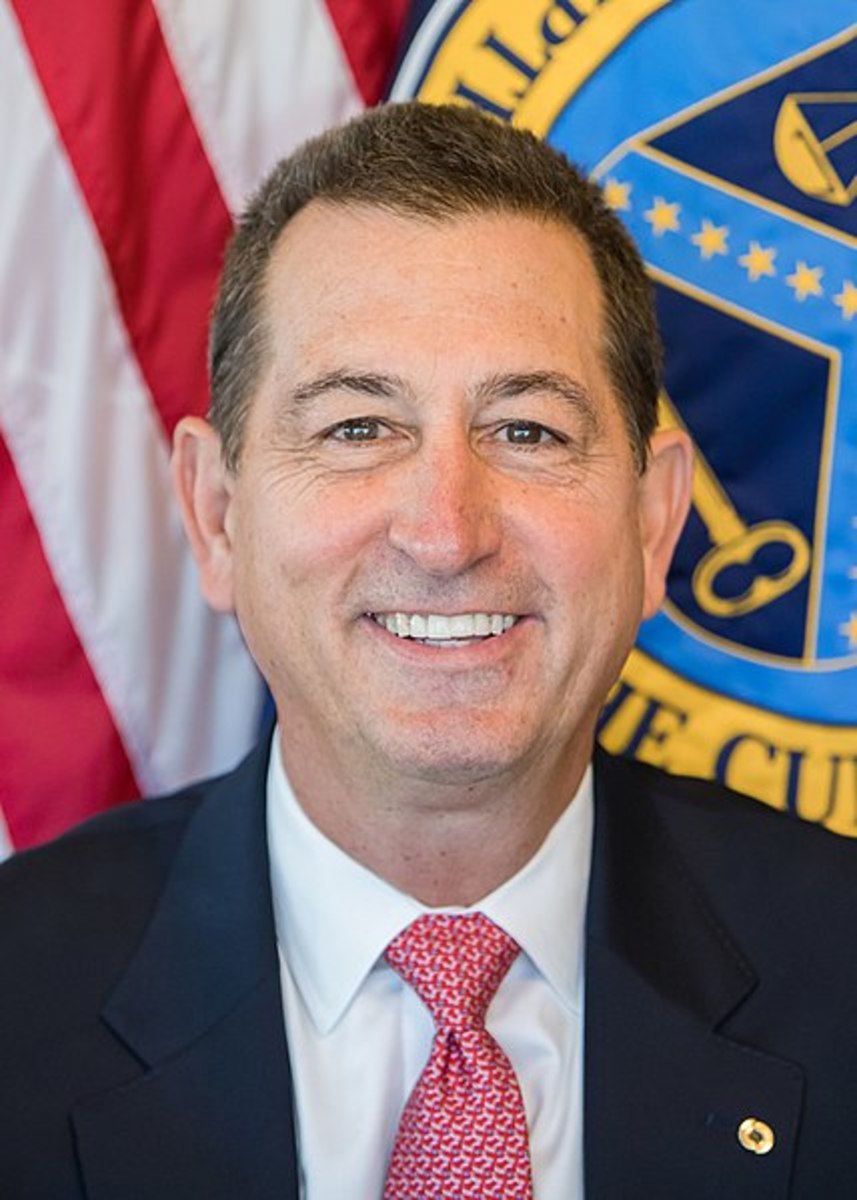
When Steve Mnuchin and Donald Trump decided to make Joseph Otting Comptroller of the Currency with a little help from Senate Republicans, he had two jobs: make the Elizabeth Warrens of the world insane, and make it easier for people like himself and Steve Mnuchin to run banks as they see fit. And, pandemic notwithstanding, he’s managed to achieve that in spades while also sowing a future of discord, confusion and chaos into policies ostensibly designed to help people who generally do not vote Republican.
Mr. Otting, a former bank CEO, told Senate lawmakers last week that he sought to accelerate completion of the change amid the coronavirus pandemic…. The pending rule change has generated objections from Democratic lawmakers and community groups, who say Mr. Otting’s approach could allow banks to meet their obligations with investments in a few large projects, inadvertently restricting community lending….
The change would also likely fuel a split among the three regulators that oversee the act. The Federal Deposit Insurance Corp., which proposed the overhaul in December along with the comptroller, isn’t expected to join Mr. Otting in announcing the final changes on Wednesday.
A third regulator, the Federal Reserve, has declined to support Mr. Otting’s plan, citing a lack of clarity over how it would affect lending in poorer neighborhoods.
The regulatory split could lead to an unusual situation in which U.S. banks must follow different sets of rules to comply with the law. The Office of the Comptroller of the Currency oversees banks that account for about 70% of activities under the low-income lending rules. The FDIC and the Fed oversee banks that account for the remainder.
Truly a Trump administration job done well all around. A bravura performance. And one on which Otting will end his public service and return to his golf course, which he will presumably play without wearing a mask while awaiting an opportunity to personally profit from the changes he’s wrought.
Banking Regulator Who Overhauled Low-Income Lending Rules to Step Down [WSJ]

